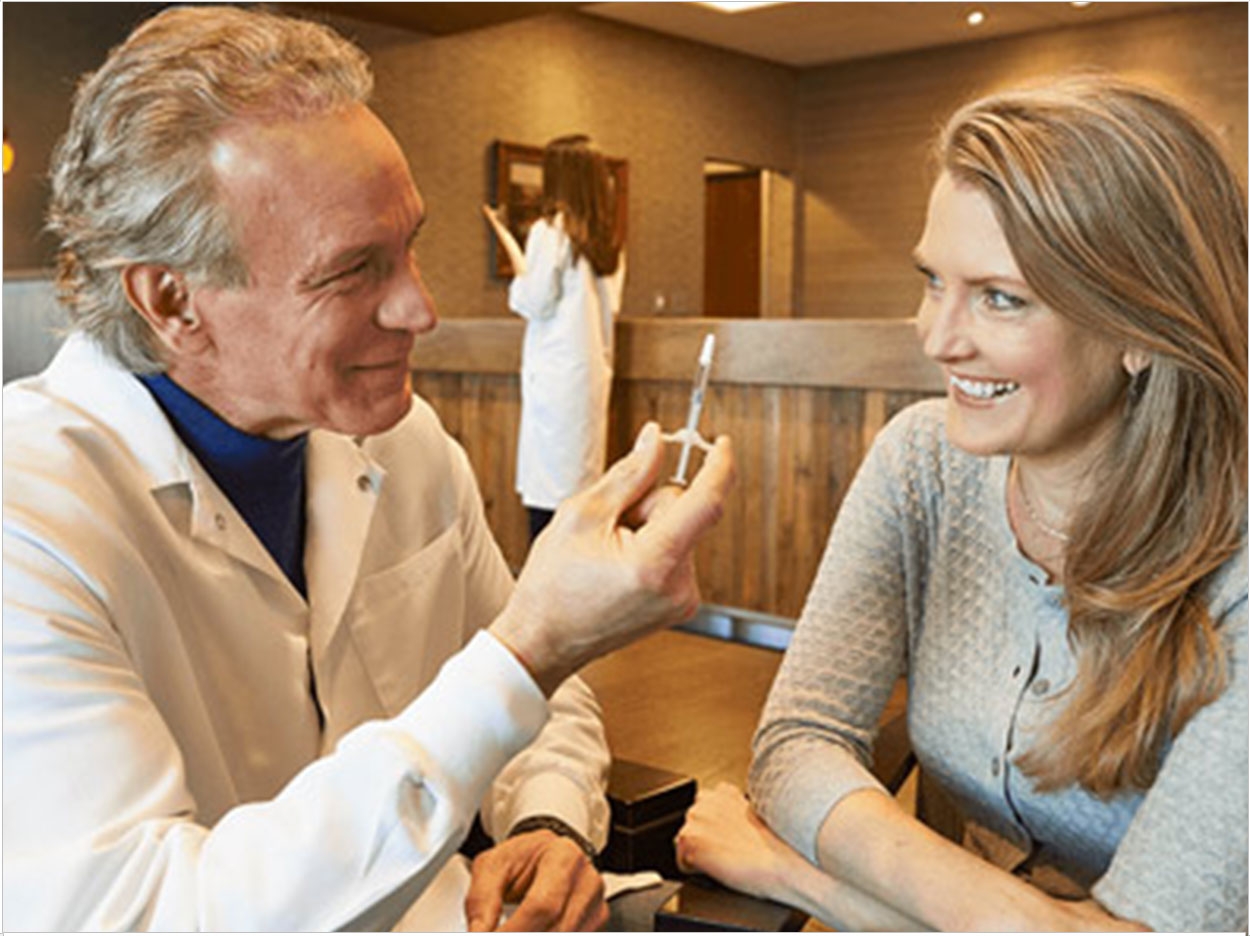
There’s good news for patients who don’t like the needle. St. Renatus LLC has received US Food and Drug Administration approval for its Kovanaze Nasal Spray dental anesthetic. According to the company, it is the first product that enables the administration of dental anesthesia through a nasal spray without using a needle.
“For more than 100 years, the dental industry has delivered dental anesthesia using a needle injection,” said company CEO Steve Merrick. “Now, through the efforts of a dedicated team, we have developed a revolutionary needle-free method for delivering pulpal anesthesia.”
Intended for use as a topical anesthetic in dentistry, Kovanaze is delivered in the nasal cavity to achieve pulpal anesthesia for restorative treatment. It is indicated for regional anesthesia when performing restorative procedures on teeth Nos. 4 to 13 and A to J in adults and children who weigh 88 pounds or more.
Kovanaze comprises tetracaine HC1, a nester local anesthetic, and oxymetazoline HC1, a vasoconstrictor. Intended for intranasal use only, it is administered ipsilateral to the maxillary tooth on which the dental procedure will be performed. It comes in a prefilled single-use sprayer in doses of 0.2 mL.
Contraindications include known hypersensitivity to tetracaine, benzyl alcohol, other ester local anesthetics, p-aminobenzoic acid, oxymetazoline, or any other component of the product. It is not recommended for use in patients with a history of frequent nosebleeds. Additionally, patients should be monitored for dysphagia.
Kovanaze also has been shown to increase blood pressure in some patients and may cause methemoglobinemia. The most common adverse reactions occurring in more than 10% of patients include rhinorrhea, nasal congestion, increased lacrimation, nasal discomfort, and oropharyngeal pain.
Related Articles
Single Anesthesia Dose Poses No Cognitive Danger to Children
Electricity Eliminates the Needle in Anesthesia Delivery
It’s Not Just Patients Who Hate the Needle












